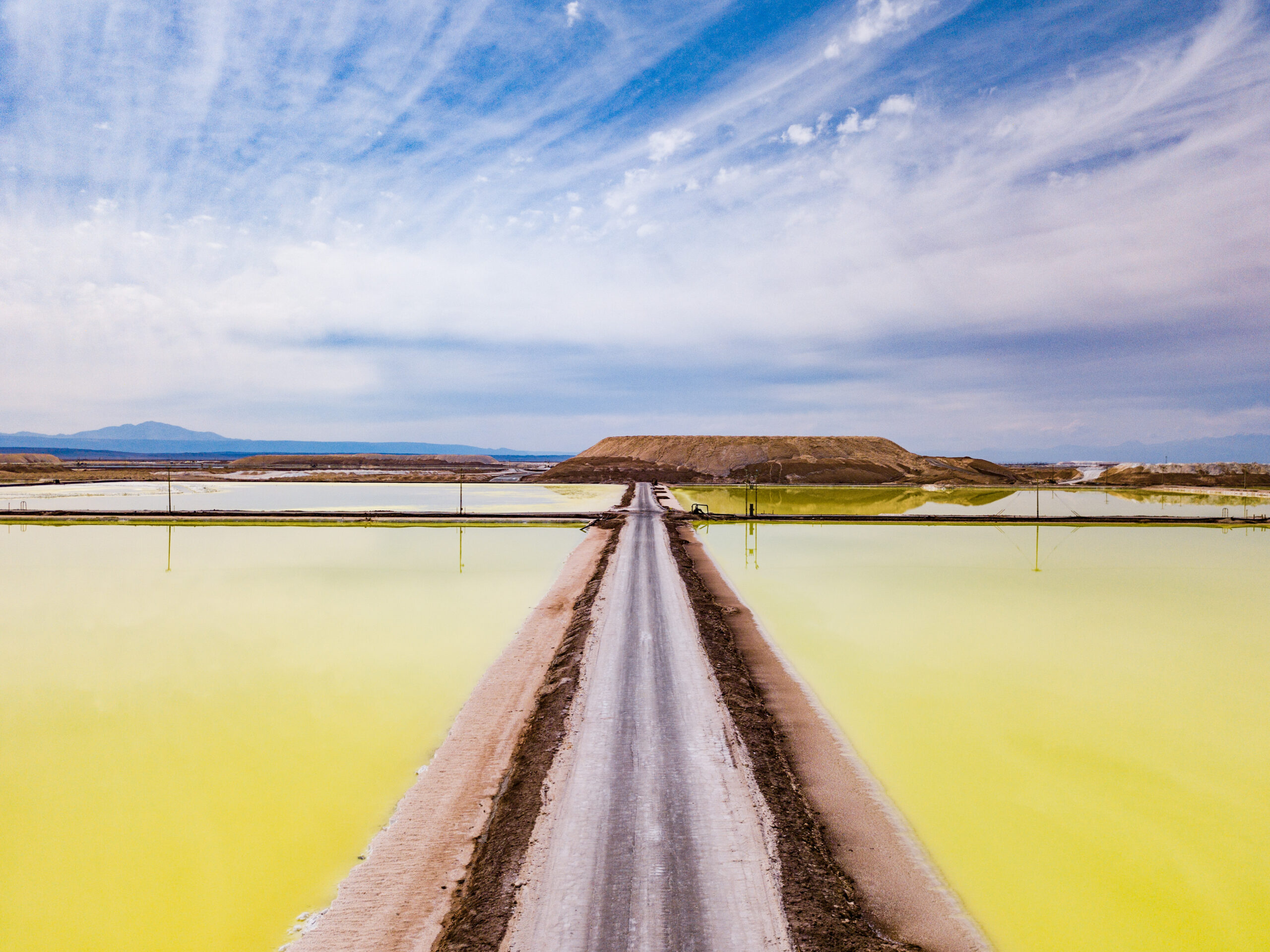News
SQM to cut brine extraction from the Salar de Atacama by 50% and water consumption at all its operations by 40%

The company aims to earn recognition as a green industry in all its business lines in 2030
As part of its Sustainability Plan, the company has already begun to reduce surface water consumption, translating into a 40% reduction by 2030, and work toward carbon neutrality in lithium, potassium and iodine. Furthermore, brine extraction at the Salar de Atacama operations will drop 20% effective immediately and 50% by 2030. All of this is through heavy investment in research and technology that enables SQM to retain leadership in its five business lines.
With clear commitments, deadlines and investment of more than US$200 million, SQM announced a robust plan to further its commitment to the environment, operational sustainability and its entire value creation cycle. “We have worked for months to develop a plan based on the United Nations sustainable development goals, among others. The plan involves a series of initiatives throughout the entire company to demonstrate and guarantee our total and complete commitment to the environment as well as to the comprehensive, sustainable growth of our operations and all those who somehow participate in them. The initiatives far exceed legal and regulatory requirements,” commented Ricardo Ramos, Chief Executive Officer of SQM.
One of the Sustainability Plan’s primary initiatives is reducing surface water consumption at all its operations, cutting it by 40% by 2030 and 65% by 2040. At the Salar de Atacama site, SQM plans to immediately reduce water consumption, as compared to 2019, by 20% and 50% by 2030.
To that end, several initiatives will improve the efficiency of surface water use in the company’s production processes. Investments will enable SQM to use ocean water in its nitrates and iodine production processes. All of this requires an investment of approximately US$40 million in the first phase and US$65 million in the second.
SQM is also focusing on reducing emissions. Its carbon footprint is one of the smallest among lithium producers – a mineral directly involved in developing electromobility. Even so, the company is committing to become carbon neutral in all its products by 2040 and in lithium, potassium chloride and iodine by 2030. Doing so will require an investment of approximately US$100 million.
Another crucial point is cutting brine extraction in the Salar de Atacama. Thanks to sizable investment in technology and research in recent years, SQM has improved processes, yields and productivity so that it can continue expanding production capacity for lithium carbonate and hydroxide in Chile while also extracting less brine from the Salar de Atacama.
SQM estimates that this reduced brine extraction will not impact its short or long-term projections for lithium production.
Furthermore, the company will strengthen its performance. For years, it has contributed to shared social value by guaranteeing safe, inclusive working conditions while enhancing local economies and developing the surrounding communities. SQM also commits to continue improving systems that monitor the surrounding ecosystems so that the company can respond in an even more timely manner. Another focus is on reducing the waste produced by SQM operations as well as by its suppliers, workers, employees and offices in Chile and around the world.
Ricardo Ramos pointed out: “We make these commitments voluntarily, based on conviction, and we believe it is important to invite the other companies operating on the Salar de Atacama to join the challenge. Our business models are based on long-term investments that need to be recognized for their contribution and respect for the communities, the environment and society, in general.” He added, “Our competitiveness is based on four priority areas: an exceptional team that is passionate about our businesses; working with high-quality natural resources; knowledge of our processes and ongoing research and development; and, finally, ongoing sustainability of our production operations.”
Thus, SQM aims to have a brand publicly associated with the world’s green industries by 2030. To that end, the company has made progress on this sustainability transformation by publishing its policy on human rights; drafting the annual Sustainability Report under the highest ESG standards and having it audited by independent experts; implementing a demanding Compliance program and the online monitoring plan for Salar de Atacama operations; joining the United Nations Global Compact; adopting the Sustainable Development Goals (SDG); and participating in the Global Battery Alliance, among other measures, which the company plans to continue expanding.
